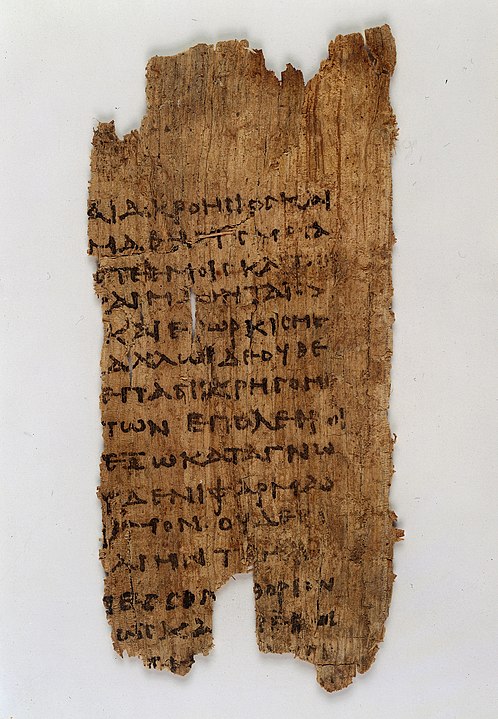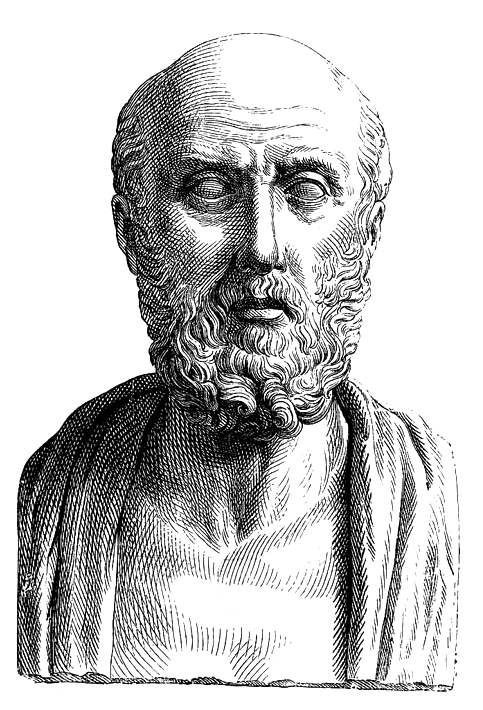
[1] A portion of the original Hippocratic Oath

[2] A line drawing of Hippocrates


This is a response to Chapter 8 of Artful Design,
Manifesto and Coda.
I will be responding to Principle 8.9: Technology is
about what we CAN do. Morality is about what we
OUGHT to do.
“We want MORE,”
“– of what? I don’t know!”
“Just… MORE”
– page 403
The infamous Hippocratic Oath is a ceremonial oath of
ethics taken by physicians to “do no harm.” Our society,
however, seems to place lawyers, billionaires, programmers, and
physicians on the same pedestal, with only the latter being
bound to such ethical standards as the Hippocratic Oath.
In this essay, I will explore the themes of design,
technology, and morality as they are explored in chapter 8 of
Artful Design.
When we play the role of designer, we become a creator in
a similar sense to the popular notion of a God. Some juxtapose
the concept of a divine creator as a hand which wound up a
grandfather clock – the universe. I believe it is an important
distinction to make between active divine intervention versus a
“set it and forget it” mentality. In Music 256A at Stanford
University, we often found ourselves playing the role of a
“Humanist Engineer” and an “Artful Designer” (pg.
426). However, the ethos of this chapter relates back to the
distinction between one who releases their creation into the
world at the mercy of the people, versus the creator who designs
technology bound by moral standards.
I disagree that morality is the stuff of reason as stated on
page 410. Interestingly, however, it is later written that
“morality has to be a choice”. I believe that if one were
to look at morality completely objectively – say, if one were to
be raised in an environment with no notion of morality –
morality would become nonsensical. However, as diligent scholars
of Artful Design, we are bound to an oath of ethical and
moral design much in the same way the
Hippocratic Oath functions for physicians. The same
paragraph about morality later states the importance of true
morality in its authenticity and unconditional consciences. What
we practice everyday compounds. Thus, it is essential that
morality isn’t a fleeting feeling, but one we pledge to practice
day after day.
In the Coda, a quote from Katha Upanishad (800-300 BC)
stuck with me:
“The sharp edge of a razor is difficult to traverse; thus
the wise say the path to enlightenment is hard.”
– page 456
Along with all the physical and superficial beauty in the
artificial and natural world, the dimension of morality is as
important to the stability of our Universe as gravity and time;
without morality in the technology we design, the father we will
stray from
The Human Condition.